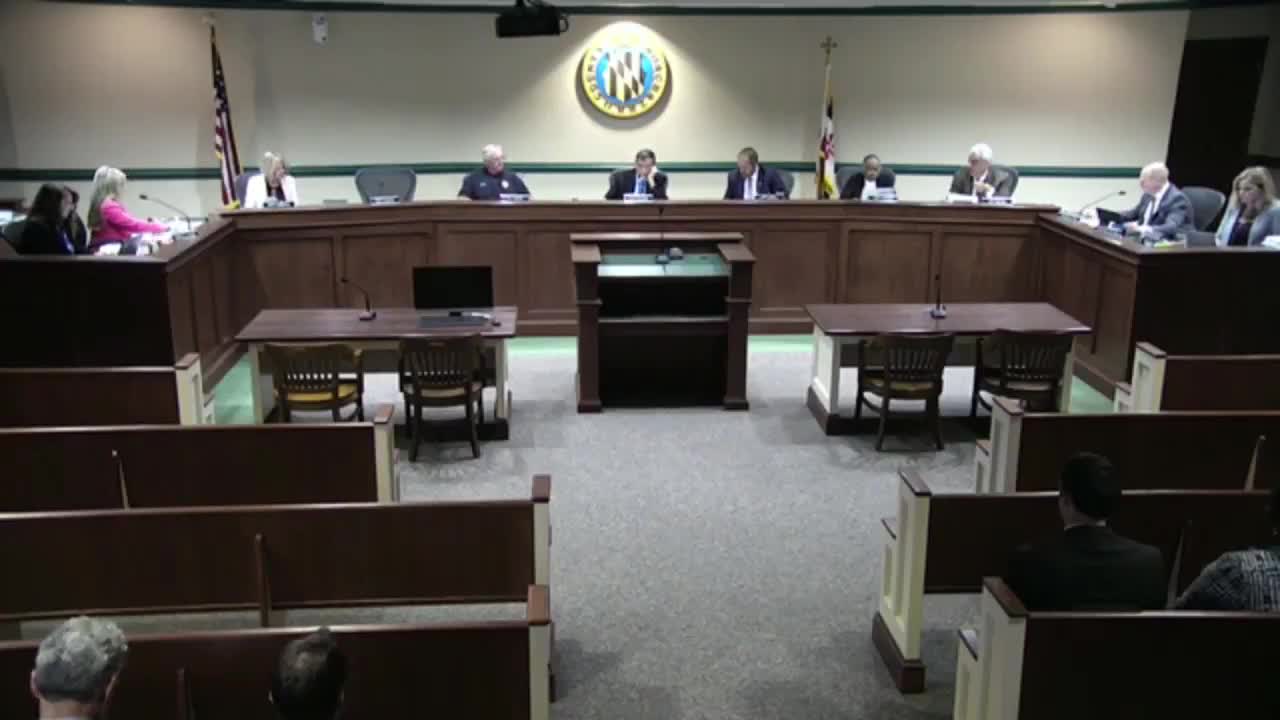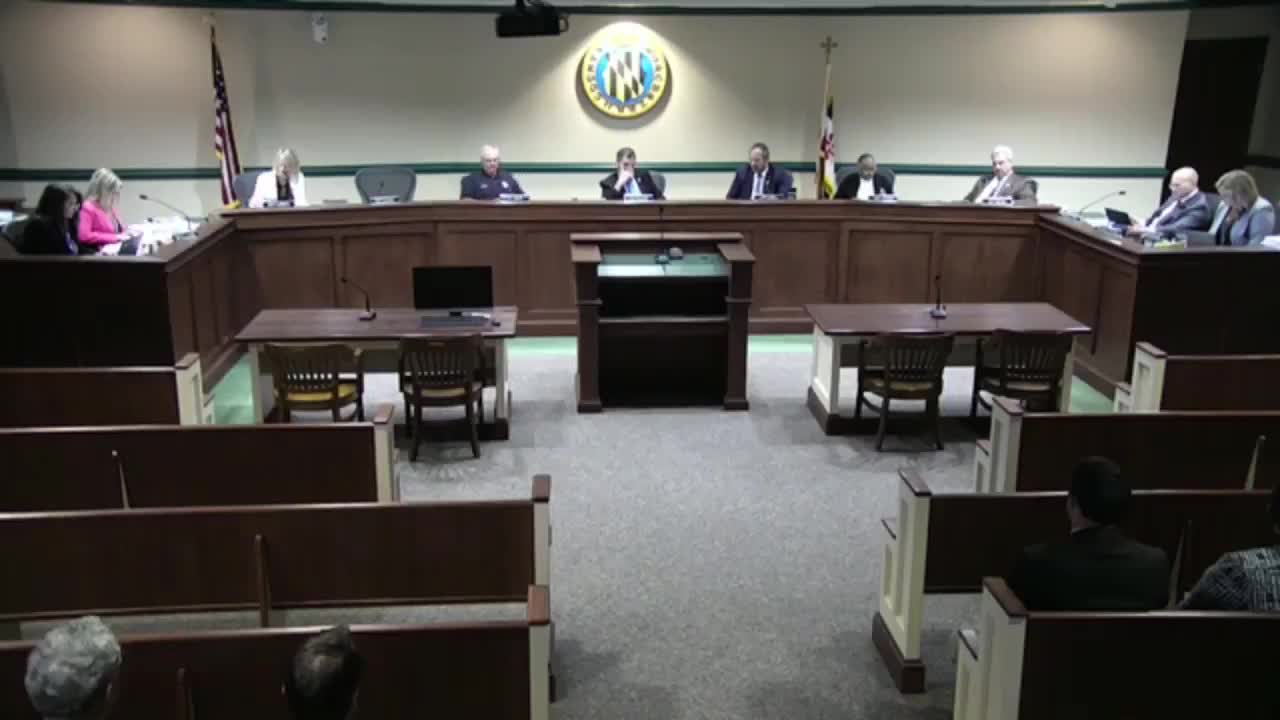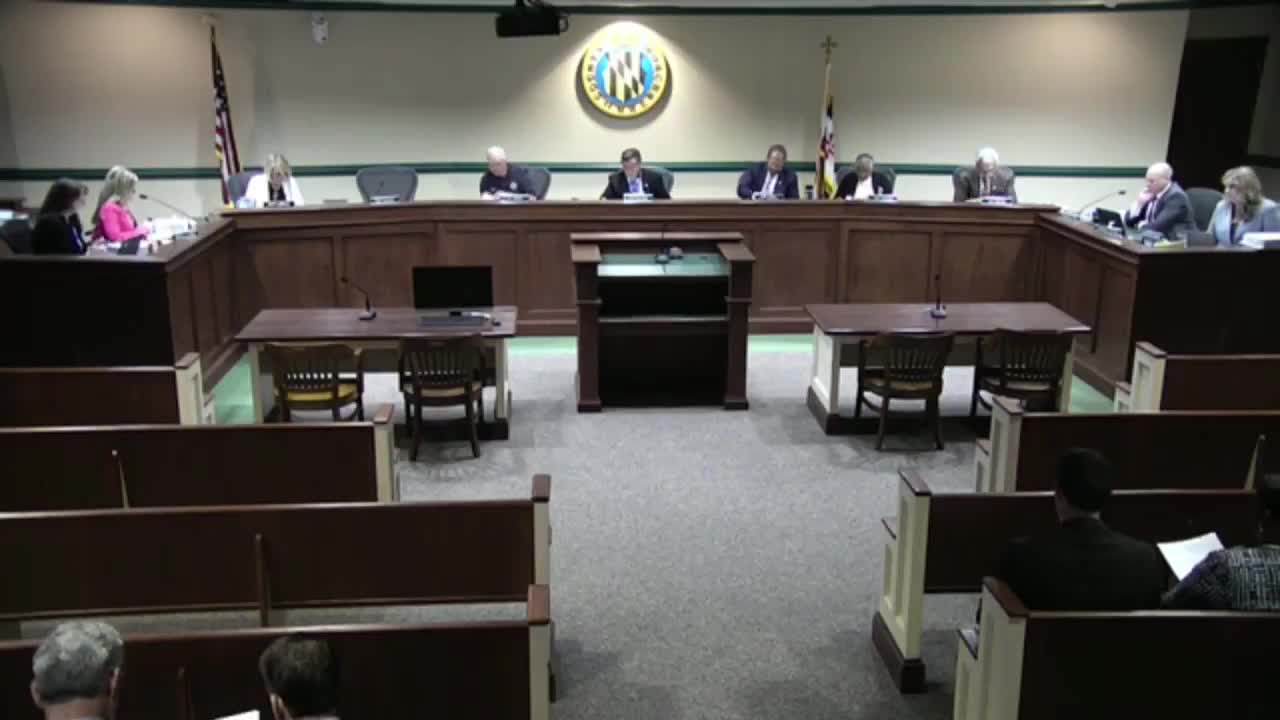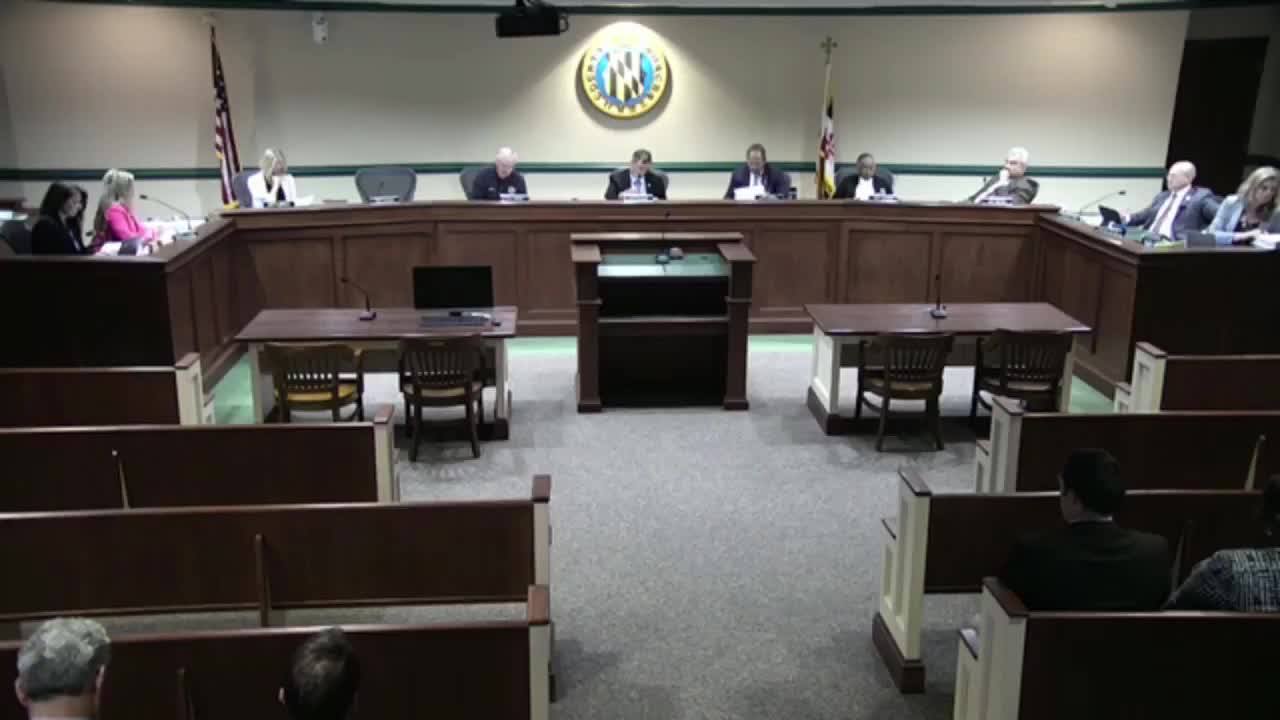Article not found
This article is no longer available. But don't worry—we've gathered other articles that discuss the same topic.

Commissioners hold non‑profit grants flat; approve conditional $15,000 boost for Cricket Center

Commissioners approve promotions, reclassifications and a $2,000 county employee COLA

Commissioners cut parts of Board of Education request, but approve majority of proposed increases

Sheriff urges large starting-salary increase to stem turnover; commissioners request more detail

